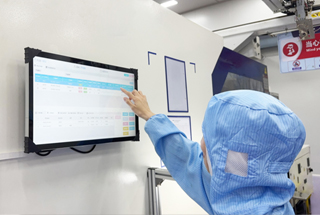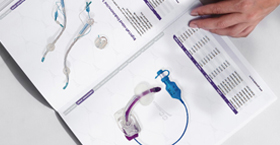Urinary catheter selection must be tailored to patient age and anatomy to ensure effective drainage while minimizing urethral trauma. The French (Fr) scale measures catheter outer diameter, where each French unit equals 0.33 mm. Selecting an appropriately sized catheter helps reduce discomfort, leakage, and risk of catheter-associated urinary tract infections (CAUTIs). Below is a brief overview of recommended catheter sizes by age group, followed by a summary table.
In neonates (birth to 1 month), very small 5–8 Fr catheters are used to accommodate the tiny urethral lumen. For infants (1 month to 1 year), sizes typically range from 6–10 Fr, balancing adequate drainage with gentle insertion. Young children (1–5 years) often require 8–12 Fr catheters, whereas older children (6–12 years) can tolerate 10–14 Fr. Adolescents (13–17 years) approach adult anatomy, so 12–16 Fr is generally appropriate. Adult women usually use 14–16 Fr Foley catheters, while adult men, having a longer and slightly wider urethra, often require 16–18 Fr. In special circumstances—such as urethral strictures or spinal cord injury—smaller or larger sizes may be selected based on urologist guidance.
Correct sizing not only enhances patient comfort but also optimizes flow rate and reduces blockage risk. Clinicians should verify balloon capacity (commonly 5–30 mL) and material composition (silicone vs. latex) in conjunction with size for the best clinical outcome. Regular assessment of catheter function and patient feedback ensures ongoing appropriateness of the selected device.
| Age Group | Recommended Catheter Size (Fr) | Balloon Capacity (mL) | Notes |
|---|---|---|---|
| Neonate (0–1 mo) | 5–8 Fr | 3–5 | Very gentle insertion; use well-lubricated |
| Infant (1 mo–1 yr) | 6–10 Fr | 5–10 | Monitor for urethral irritation |
| Young Child (1–5 yr) | 8–12 Fr | 10–15 | Size up cautiously; use hydrophilic coating |
| Older Child (6–12 yr) | 10–14 Fr | 10–20 | Ensure proper stabilization and securement |
| Adolescent (13–17 yr) | 12–16 Fr | 15–30 | Similar to adult protocols |
| Adult Female | 14–16 Fr | 10–30 | Balance comfort with drainage efficiency |
| Adult Male | 16–18 Fr | 10–30 | Consider length and potential strictures |
By adhering to age-appropriate sizing guidelines and incorporating patient-specific factors—such as urethral anatomy, sensitivity, and comorbidities—healthcare providers can optimize urinary catheterization outcomes and enhance patient comfort.


 Français
Français Español
Español Products
Products

 About Us
About Us











